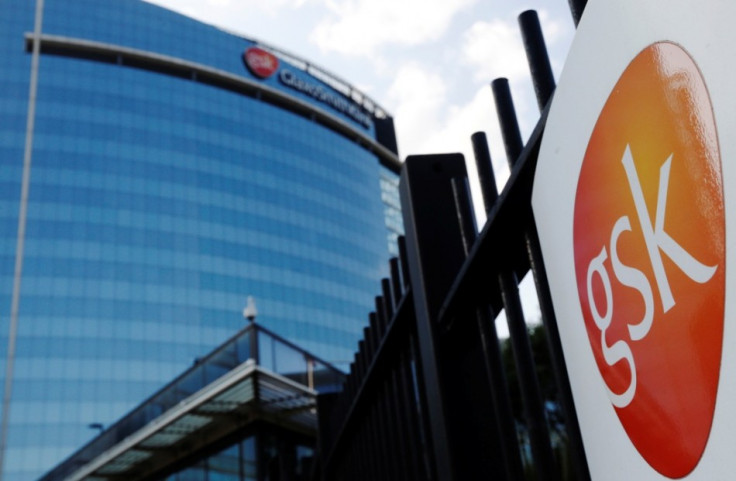GlaxoSmithKline to End Payments to Doctors to Promote Drugs

British drug maker GlaxoSmithKline said it will stop all kinds of payments to doctors to promote its products, as the company works hard to distance itself from a bribery scandal in China.
In an interview with The New York Times, GSK CEO Andrew Witty also said that his company will end its bonus payment to sales staff, which was based on the number of prescriptions written by doctors.
Witty noted that the changes are not related to the investigation against the company in China, and are part of its long-term efforts "to try and make sure we stay in step with how the world is changing".
"We keep asking ourselves, are there different ways, more effective ways of operating than perhaps the ways we as an industry have been operating over the last 30, 40 years?" he said.
The company intends to implement the changes on a global basis by 2016.
The Association of the British Pharmaceutical Industry said earlier in a report that drug companies are paying an estimated £40m ($65.2m, €47.4m) per year to British doctors in cash and kind in order to help market their drugs.
GSK spent £1.9m on fees for advice and consultancy on 1,517 UK-based doctors and £887,294 on sponsoring 1,022 doctors and other healthcare professionals to attend scientific conferences and meetings, according to the trade body.
With the move, the company intends to change the culture in the pharmaceutical sector that pays doctors heavily for conferences and other meetings of medical professionals. Drug companies generally pay doctors in order to gain a competitive advantage for their products.
The practice has been widely criticised all over the world. Critics say that drug companies unduly influence doctors to prescribe their medicines.
China Scandal
Among foreign drug makers, GSK has faced the most high-profile investigation for suspected bribery and tax-related offences in China since early July.
China's Ministry of Public Security accused unnamed GSK executives of routing 3bn yuan ($488m, £307m, €365m) in bribes to doctors through 700 travel agencies and consultancies over six years.
In connection with the allegations, Chinese authorities have taken several GSK executives into custody and claim a number admitted to criminal charges of bribery and tax law violations.
GSK also admitted some Chinese executives appeared to have broken the law, but CEO Andrew Witty said the head office had no prior knowledge about the wrongdoing.
However, China's official Xinhua news agency cited details from the police that the crimes were organised by the company itself, rather than individual staff members.
The scandal has also hit the company's sales in the country, as in the case of other drug makers.
© Copyright IBTimes 2025. All rights reserved.






















